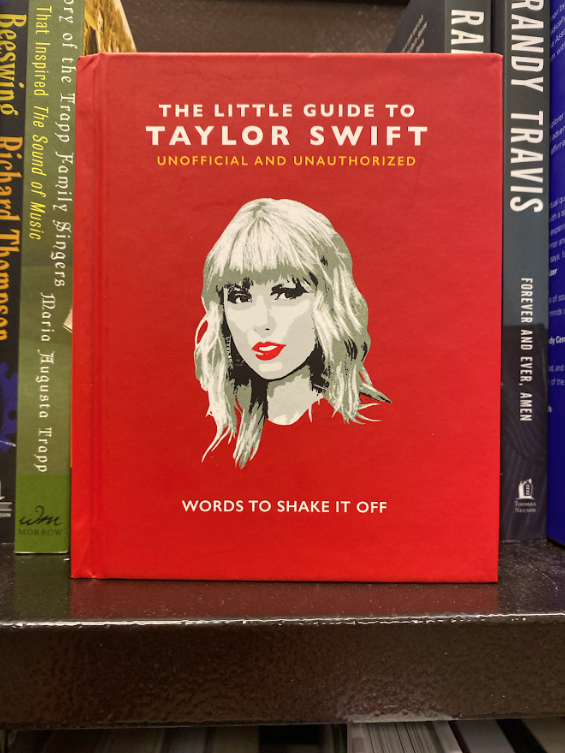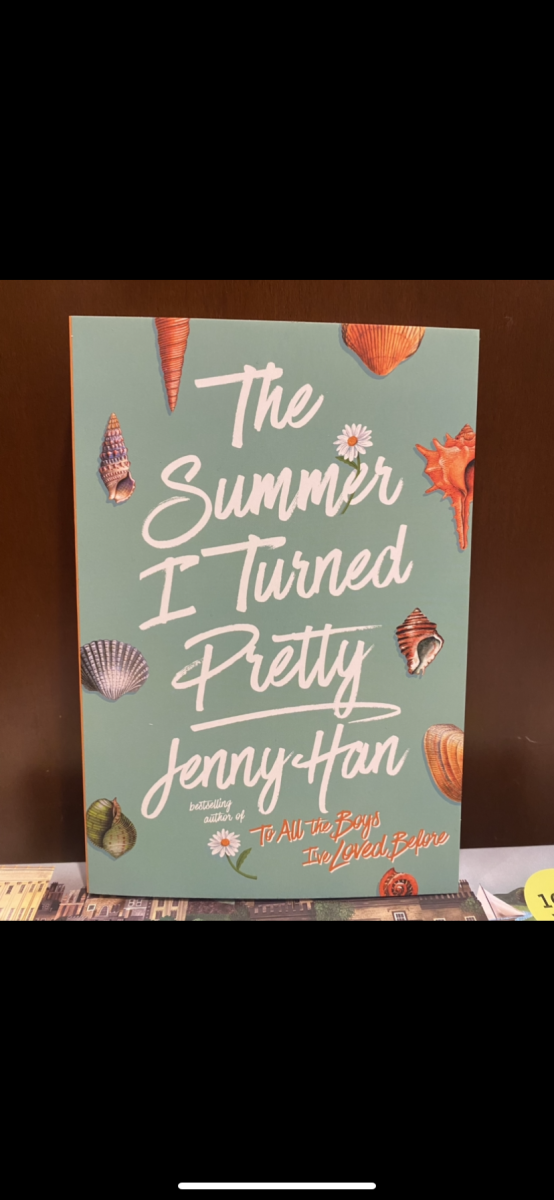Many people crave a perfect and luxurious world where everyone is joyful. Unfortunately, these utopian fantasies cannot exist because they require a moral compromise that ignores the suffering of others. Ursula K. Le Guin’s short story The Ones Who Walk Away from Omelas highlights this complication while creating a moral dilemma for the reader.
The narrative takes place in the Festival of Summer, an event where everyone is joyous and excited to be there. Everyone is thrilled and enjoying themselves, and the narrator even describes the people of Omelas as happy, mature, intelligent, and passionate. However, the narrator also reveals a hidden, darker side to the people of Omelas: he makes note of a foul-smelling room in a basement with a child inside. The child is destined to suffer and is not permitted to leave the room. While every one of the people of Omelas knows that the child is suffering, they also understand that the child’s suffering results in the others’ happiness. Consequently, many people remain passive in the face of the child’s suffering, sacrificing the child’s well-being for their own individual happiness.
On the surface, the story may appear unrelated to our world, as a random narrative. However, this is similar to our world’s own practices as major companies like Apple or H&M use child labor to manufacture goods that our society uses daily. As the child suffering in the story refers to the children who face terrible conditions while working, our selfish desire for happiness is reflected by the people of the Omelas. Many of us know that child labor exists; however, we willingly purchase items that have been at another’s expense. It is in this situation that Leguin reveals our own moral dilemma: do we enjoy products for our convenience, knowing that they come at the cost of others’ well-being, or sacrifice our luxuries to maintain a just and moral society?
One may justify rejecting the Omelas by creating an emotional argument. The author creates a spine-chilling visualization of the suffering child, in which they are victims of abuse, neglect, and starvation. Le Guin reveals that the kid “looks about six, but actually is nearly ten … One of them may come in and kick the child to make it stand up … The child used to scream for help at night.” One can visualize the quote and feel a sense of moral horror or ethical discomfort. As a result, this portrayal motivates the reader to walk away from the Omelas, rejecting a society that is dependent on the vulnerable suffering for its own happiness.
On the other hand, one may justify people’s decision to stay in Omelas by arguing that their actions will not make a difference. A study by Quartz found that “there are more than 1.5 million workers making products for Apple,” only “some of [whom] are children” (Fernholz 1). With all of the millions of products that Apple produces, and the overwhelming majority of workers who aren’t children, one could argue that one phone is really not going to change the conditions that a child faces. Furthermore, some people convince themselves that the benefits they enjoy outweigh the harm done to others, similarly to the citizens of Omelas. When the citizens see the suffering child, “Their tears at the bitter injustice dry” because “they begin to perceive the terrible justice of reality, and to accept it.” No matter what an individual does, the child will still suffer, and many begin to accept it. In the real world, one may justify their decision to stay with the Omelas because their actions will not make a great difference.
In the story, Le Guin presents readers with a moral dilemma that resonates with real-world issues. Through her portrayal of the child’s suffering, we are forced to confront our own ethical challenges with the choices we make in our society. Ultimately, the story reminds us that our actions, regardless of how small they may seem, have a profound effect on others.



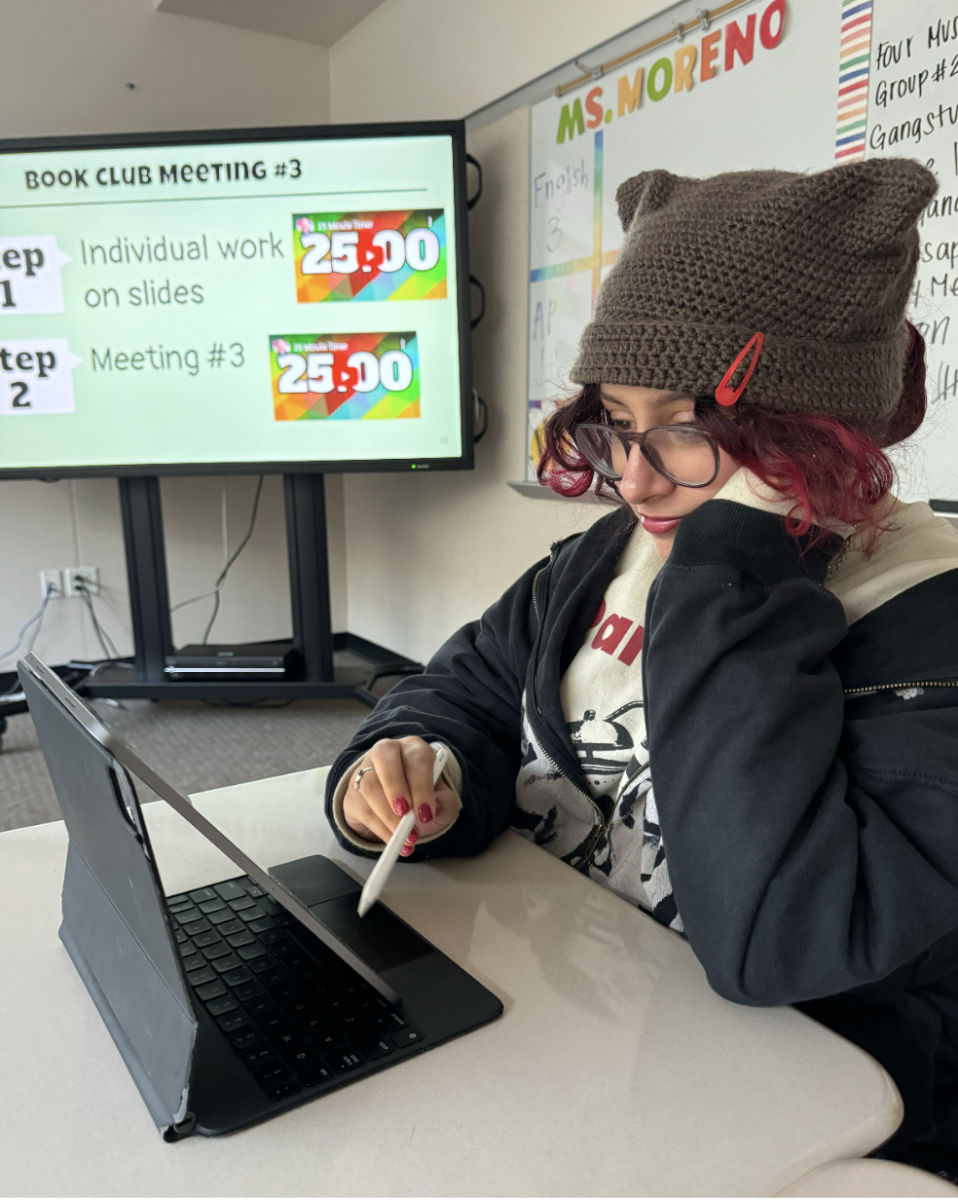
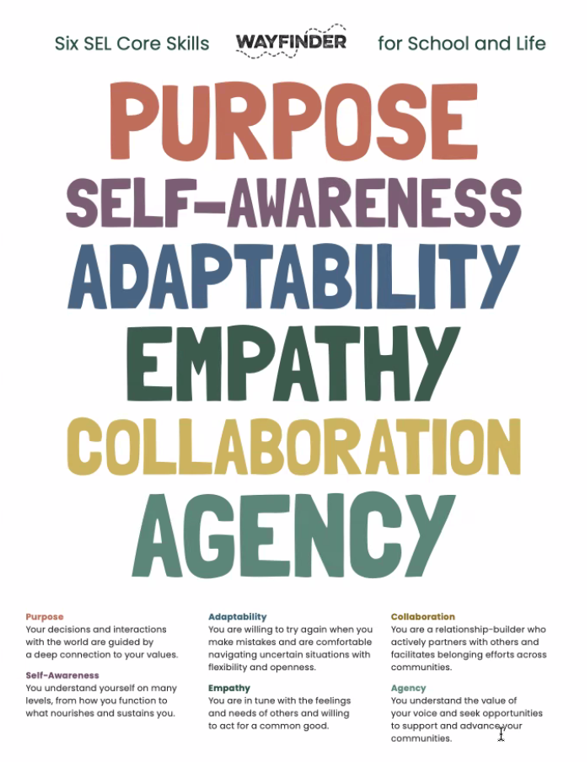



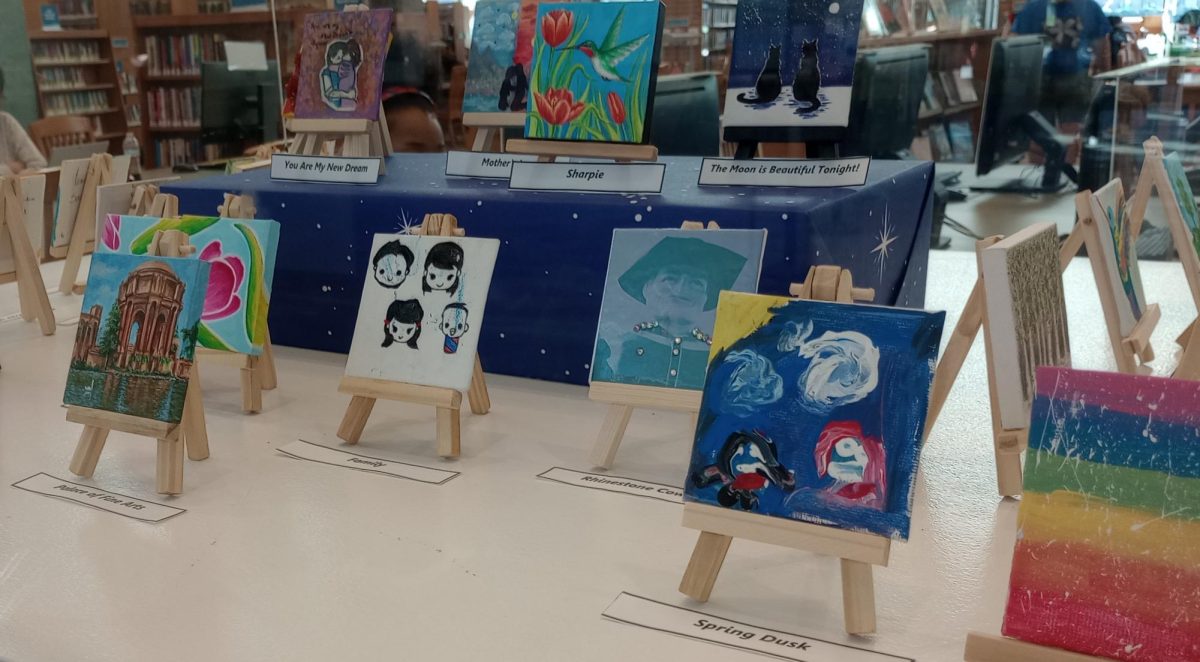
![[Book Review] Weapons of Math Destruction: The insidious danger of Big Data](https://thedublinshield.com/wp-content/uploads/2024/06/wmdsarticle-727x1200.jpg)
